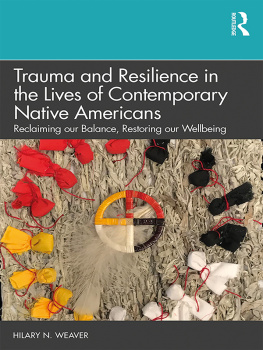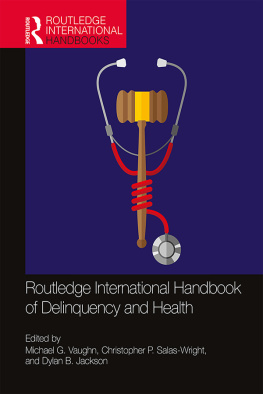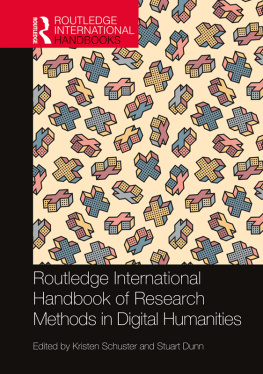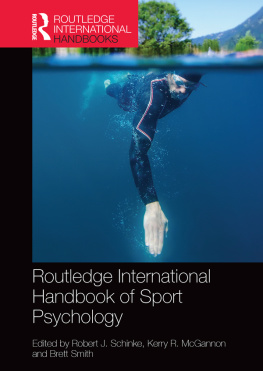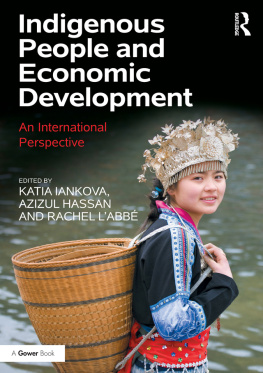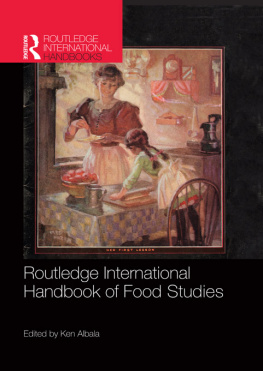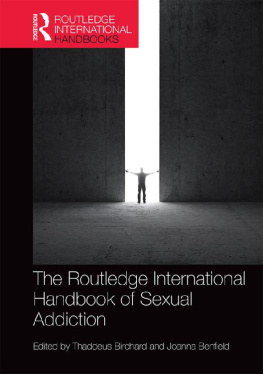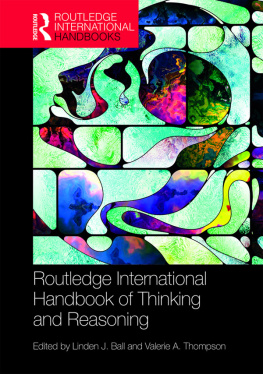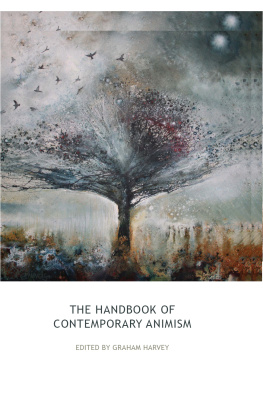
The Routledge International Handbook of Indigenous Resilience
This handbook provides a comprehensive and cutting-edge strengths-based resource on the subject of Indigenous resilience.
Indigenous Peoples demonstrate considerable resilience despite the social, health, economic, and political disparities they experience within surrounding settler societies. This book considers Indigenous resilience in many forms: cultural, spiritual, and governance traditions remain in some communities and are being revitalized in others to reclaim aspects of their cultures that have been outlawed, suppressed, or undermined. It explores how Indigenous people advocate for social justice and work to shape settler societies in ways that create a more just, fair, and equitable world for all human and non-human beings. This book is divided into five sections:
- From the past to the future
- Pillars of Indigeneity
- The power in Indigenous identities
- The natural world
- Reframing the narrative: from problem to opportunity
Comprised of 25 newly commissioned chapters from Indigenous scholars, professionals, and community members from traditions around the world, this book will be a useful tool for anyone seeking a deeper understanding of manifestations of wellness and resilience.
This handbook will be of particular interest to all scholars, students, and practitioners of social work, social care, and human services more broadly, as well as those working in sociology, development studies, and environmental sustainability.
Hilary N. Weaver (Lakota) is a professor and associate dean for diversity, equity, and inclusion in the University at Buffalo School of Social Work, USA. She serves as president of the Indigenous and Tribal Social Work Educators Association, chair-elect of the Council on Social Work Education board of directors, and Global Indigenous Commissioner for the International Federation of Social Workers.
The Routledge International Handbook of Indigenous Resilience
Edited by Hilary N. Weaver
Cover image: The Native World by Robin Hill
First published 2022
by Routledge
4 Park Square, Milton Park, Abingdon, Oxon OX14 4RN
and by Routledge
605 Third Avenue, New York, NY 10158
Routledge is an imprint of the Taylor & Francis Group, an informa business
2022 selection and editorial matter, Hilary N. Weaver; individual chapters, the contributors
The right of Hilary N. Weaver to be identified as the author of the editorial material, and of the authors for their individual chapters, has been asserted in accordance with sections 77 and 78 of the Copyright, Designs and Patents Act 1988.
All rights reserved. No part of this book may be reprinted or reproduced or utilised in any form or by any electronic, mechanical, or other means, now known or hereafter invented, including photocopying and recording, or in any information storage or retrieval system, without permission in writing from the publishers.
Trademark notice: Product or corporate names may be trademarks or registered trademarks, and are used only for identification and explanation without intent to infringe.
British Library Cataloguing-in-Publication Data
A catalogue record for this book is available from the British Library
Library of Congress Cataloging-in-Publication Data
A catalog record for this book has been requested
ISBN: 978-0-367-49985-3 (hbk)
ISBN: 978-0-367-49972-3 (pbk)
ISBN: 978-1-003-04842-8 (ebk)
DOI: 10.4324/9781003048428
Typeset in Bembo
by Apex CoVantage, LLC
This book is dedicated to All My Relations. I acknowledge the ancestors and all beings who came before. It is because of their resilience, perseverance, and foresight that Indigenous Peoples remain. I acknowledge all contemporary Indigenous Peoples, our allies, and the other beings in our shared world. It is because of their resilience and strength that Indigenous Peoples continue. I acknowledge the generations yet unborn who will inherit and continue in relationship with the natural world. It is because of them that resilience is crucial.
Mitakuye Oyasin All My Relations
Contents
Hilary N. Weaver
PART I
From the past to the future
Suzanne Jenkins
Heather R. Gough and Cutcha Risling Baldy
Stephen Nathan Haymes
Angela R. Fernandez
PART II
Pillars of Indigeneity
Natasha Tassell-Matamua, Nicole Lindsay, Te R Moriarty, and Deanna Haami
Ingrid Sub Cuc
Jioji Ravulo
Zafar Khan and Zahid Ali Shah
Kelli Te Maihroa
Hilary N. Weaver
PART III
The power in Indigenous identities
Catherine E. McKinley and Jenn Lilly
Jessica L. Liddell and Catherine E. McKinley
Liesel Ebershn, Margaret Funke Omidire, and Motlalepule Ruth Mampane
Jordan P. Lewis
Kishan Lara-Cooper, Everett Colegrove III, Tescha Gensaw, Charlene Juan, and Gabel Ammon
Kapiolani A. Laronal
PART IV
The natural world
Jan Erik Henriksen and Ida Hydle
Chao-Kai Huang
Bala Raju Nikku, Bishwash Nepali, and Hemnath Khatiwada
Jamaica Heolimeleikalani Osorio
Kee J.E. Straits, Julii M. Green, Devon S. Isaacs, Melissa Tehee, and Margaret Smith
PART V
Reframing the narrative: from problem to opportunity
John Terry Ward
Tasha Seneca Keyes and Kenneth G. White Jr.
Hennah Steven and Suliasi Vunibola
Hilary N. Weaver
Hilary N. Weaver
Guide
Figures
Maps
Tables
Contributors
Gabel Ammon (Tsnungwe/Hupa/Hopi) is from the village of e:lding. He attends Academy of the Redwoods in California and is an advocate for the revitalization of language and culture.
Everett Colegrove III (Hupa/Yurok/Karuk) is from the village of Medildin. He attends Hoopa Valley High School in California and is actively involved in the culture and traditions of his people.
Liesel Ebershn is a professor in educational psychology and director for the Centre for the Study of Resilience, University of Pretoria (South Africa) and Secretary General of the World Education Research Association. Through engagement in global education, poverty think tanks, panels, and boards, she is influential in Global South education development circles and actively supports education policy reform based on evidence of resilience-enabling transformation in Africa. https://orcid.org/0000-0002-2616-4973
Angela R. Fernandez (Menominee) is an assistant professor at the University of Wisconsin-Madison School of Nursing, USA. For the last two decades, she has worked with Indigenous, Latinx, and other diverse communities in social work and public health practice, research, and teaching within healthcare, education, and community-based organizations across national and international settings. https://orcid.org/0000-0001-9066-7367
Tescha Gensaw (Yurok/Tolowa/Hupa) is 12 years old and in the sixth grade in California. She is a wrestler, Yurok language student, and gatherer.
Heather R. Gough is an assistant professor at Texas State University School of Social Work (USA). As an attorney and social worker, her work centers on decolonizing social welfare and legal systems. She is a Semitic woman, granddaughter, daughter, auntie, partner, and mother to two wonderful, vivacious children.




